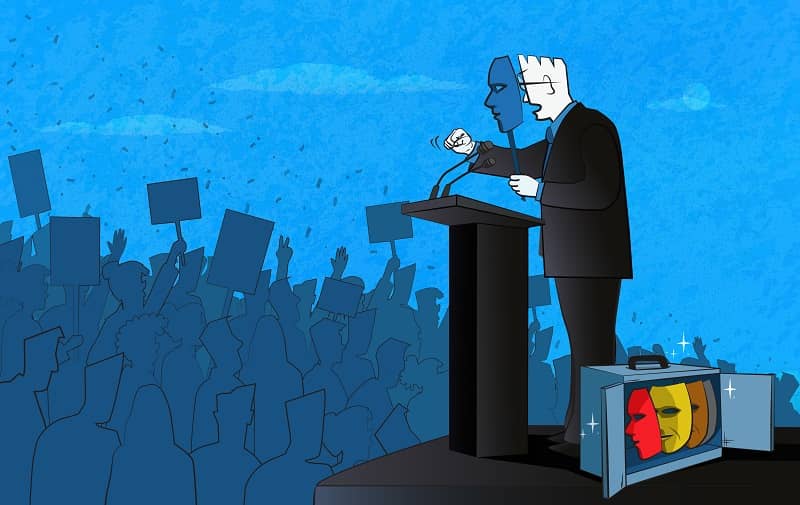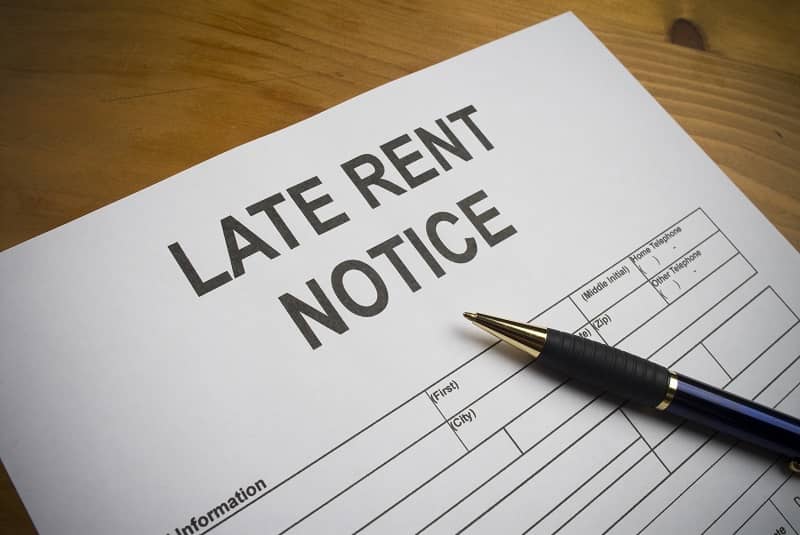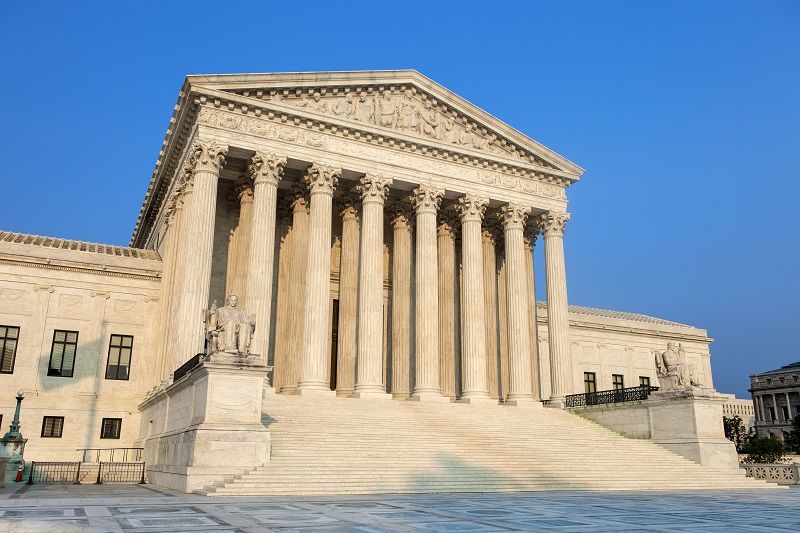By Eric Revell
Recently, a foreclosure mediation program passed by the Oregon state legislature in March took effect, allowing distressed borrowers to meet with their lenders before foreclosure proceedings begin. This common-sense approach to solving the lingering issues with the state’s housing market was passed with overwhelming bipartisan support in the legislature and will allow borrowers who can agree to terms with their lenders to stay in their homes, a clear positive for all parties involved.
With this state-level solution in mind, it is truly unfortunate that members of Congress couldn’t produce a more intelligently designed patchwork for addressing the causes of the 2007 housing market collapse. For all its good intentions, the Dodd-Frank Act was abysmally inadequate at preventing the deterioration of lending standards that built up the subprime mortgage bubble. Even worse, it was passed on a series of strict party-line votes, is over 800 pages long, and directs democratically-unaccountable regulators to create still more rules if they view them necessary. Those regulators have graciously obliged, as Dodd-Frank now encompasses 8,843 pages of regulations, a daunting compliance challenge for America’s banks and lenders.
The 2007 failure of the subprime mortgage market was due in large part to the federal government’s crusade to promote affordable homeownership for those who lacked the ability to make a significant down payment or earn enough annual income to justify a mortgage. Through the government-sponsored enterprises of Fannie Mae and Freddie Mac, mortgages had been approved for these individuals who, absent the federal regulatory push on the financial sector, wouldn’t have been able to buy a home.
This was a continuation of the trend that began with the 1990s revisions to the Community Reinvestment Act, which encouraged banks to lend to those with insufficient personal finances. From this period to the collapse of the housing market, the affordable housing goals as stipulated by government regulators rose from 30% of all mortgages originated in 1992, to 55% in 2007.
Once consumers were locked into mortgages that they couldn’t afford, foreclosures ensued. People lost their homes, and those who kept their homes saw their equity and home values plummet. Even more people were forced to tap into their savings and retirement, forestalling their plans for the future. Many banks had invested heavily in mortgage-backed securities, viewing them as safe assets. With foreclosures rising they struggled mightily to maintain their balance sheets. All told 445 banks have failed since the beginning of the crisis, and thousands of those former employees have struggled to find work in a floundering economy.
Out of this backdrop, then-senator Chris Dodd (D-CT) and soon-to-be former representative Barney Frank (D-MA) drafted legislation to rein in what they viewed as “predatory lending” on the part of banks. The Dodd-Frank Act imposed regulatory costs on private sector mortgage lenders and originators with the goal of aligning their incentives with consumers, so that fewer risky mortgages would be made.
But this goal of Dodd-Frank was grievously undermined by the failure of the legislation’s creators to apply the same risk retention requirements to government providers of mortgages―namely Fannie Mae and Freddie Mac―that it imposed on private mortgage originators. Private lenders already have a clear incentive to ensure that the mortgages they provide are of adequate quality, lest they join the swelled ranks of failed banks. Those private lenders can no longer expect a taxpayer-funded bailout, given the popular furor that arose in the wake of this crisis. That is a luxury that Fannie Mae and Freddie Mac implicitly enjoy, as they are allowed to do business with sub-market standard capital requirements.
Given the widespread economic hardship that the housing bubble wrought on our country and state, especially in Central and Southern Oregon, it would be utterly tragic for us to allow history to repeat itself due to the ineptitude of Dodd-Frank’s creators. Perhaps the simplest solution to the problem would be to privatize government mortgage lenders like Fannie and Freddie, so that they would become subject to the same requirements imposed on private mortgage originators. Allowing them to continue doing business as government-sponsored enterprises puts our economy in future jeopardy of another collapse. Mortgage standards will degrade over time as uninformed members of Congress loosen Fannie and Freddie’s already less stringent requirements in the name of promoting “fairness” in homeownership. Such a scenario is certainly not an intelligent path forward for our economy, country, or state.
Eric Revell is a research associate at Cascade Policy Institute, Oregon’s free market public policy research organization. He is a recent graduate of the University of Oregon.











